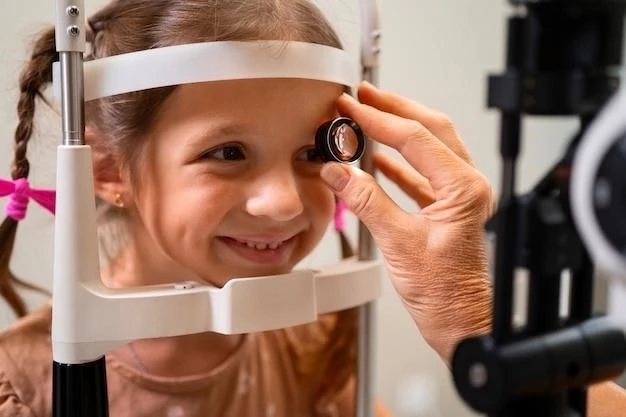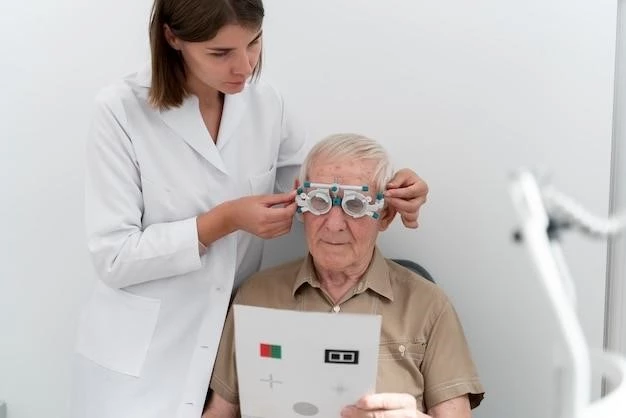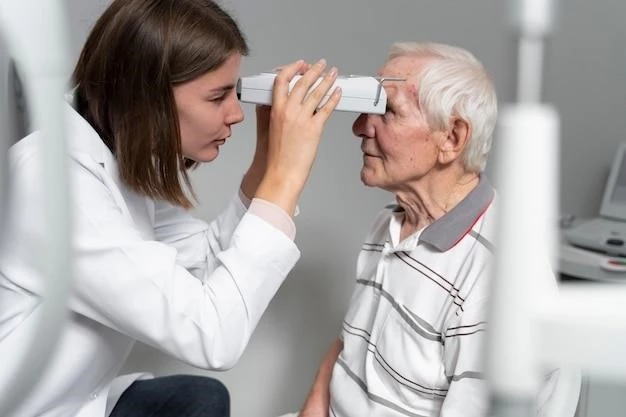Article Plan⁚ Disease — Retinal Degeneration
The term ‘retinal degeneration’ refers to a group of disorders characterized by the progressive deterioration of the retina. This degenerative condition is caused by various factors such as genetic mutations, environmental damage, and pathological issues.

Overview of Retinal Degeneration
Retinal degeneration is a progressive neurologic disorder resulting from genetic mutations, environmental, or pathological damage to the retina. This deterioration leads to the death of retinal cells and manifests in various disorders like age-related macular degeneration (AMD), diabetic retinopathy, and retinitis pigmentosa (RP). The causes may include artery or vein occlusion, diabetic retinopathy, and genetic mutations affecting proteins in the retina.
Retinal degenerative diseases like AMD and RP are becoming more prevalent, impacting vision significantly. The degeneration of the retina often results in irreversible apoptosis of retinal cells, leading to vision impairment and, in severe cases, blindness. Therapies mainly focus on managing late complications through drug treatment or surgical interventions due to the lack of radical cure for retinal degeneration.
Factors contributing to retinal inflammation play a crucial role in various degenerative retinal diseases. Inflammation is known to exacerbate conditions like AMD and RP, affecting the progression of these sight-threatening disorders. Research into understanding the molecular mechanisms of retinal degeneration continues to drive the development of new therapies aimed at slowing disease progression and preserving vision.
Causes of Retinal Degeneration
Retinal degeneration, a neurologic disorder, can be caused by genetic mutations, environmental damage, and pathological factors affecting the retina. Common causes include artery or vein occlusion, diabetic retinopathy, retinitis pigmentosa, aging, light exposure, trauma, or genetic mutations. Inflammation also plays a critical role in the development and progression of retinal degenerative diseases.
Mutations in specific genes, like those affecting rhodopsin, can lead to retinal degeneration. Conditions such as retinitis pigmentosa are linked to gene defects impacting protein levels or functions in the retina. Additionally, age-related macular degeneration and diabetic retinopathy are major causes of vision loss, affecting the central and peripheral areas of the retina. Such degenerations can result in the irreversible apoptosis of retinal cells, contributing to vision impairment.
Types of Retinal Degenerative Diseases
Retinal degenerative diseases include age-related macular degeneration (AMD), diabetic retinopathy, retinal detachment, and retinitis pigmentosa (RP). AMD primarily affects the central vision, leading to vision loss, while diabetic retinopathy is a complication of diabetes impacting the blood vessels in the retina. Retinal detachment is considered a medical emergency and occurs when the retina is pulled away from the back of the eye.
Retinitis pigmentosa is a genetic disorder causing progressive vision loss due to retinal cell degeneration. It is characterized by difficulty seeing at night and loss of peripheral vision. Other conditions like retinal artery or vein occlusion, retinal dystrophies, and inherited retinal disorders also fall under the category of retinal degenerative diseases. Understanding the various types of retinal degenerative diseases is crucial for effective diagnosis and management strategies.
Symptoms and Diagnosis of Macular Degeneration
Macular degeneration is a condition that typically results in blurred central vision or blind spots in the individual’s visual field. Symptoms often include difficulties recognizing faces, reading fine print, or seeing clearly in dim lighting. Its diagnosis involves retinal imaging techniques like optical coherence tomography (OCT) and fluorescein angiography to assess the damage to the macula.
Early stages may not present noticeable symptoms, making regular eye exams crucial for early detection. The dry form progresses slowly, causing gradual vision loss, while the wet form is characterized by sudden vision changes due to abnormal blood vessel growth. Treatment options vary depending on the type and severity of macular degeneration and may involve lifestyle changes, nutritional supplements, or anti-vascular endothelial growth factor (anti-VEGF) injections.
Treatment Options for Retinal Degeneration
Retinal degenerative diseases pose challenges due to the irreversible cell death in the retina. Common causes like genetic mutations and environmental damage contribute to conditions such as age-related macular degeneration and retinitis pigmentosa, impacting vision significantly. Treatments aim to manage late complications through drug therapy or surgical interventions to slow the progression of the degeneration.
Therapeutic approaches include anti-vascular endothelial growth factor (anti-VEGF) injections, laser therapies, and retinal implants that can help restore some visual function. Research into gene therapies targeting specific mutations associated with retinal degeneration shows promise for future treatments. Stem cell therapy and artificial retina development are also areas of active investigation, offering hope for improved outcomes in treating retinal degenerative diseases.
Impact of Retinitis Pigmentosa on Vision
Retinitis pigmentosa (RP) is a genetic disorder that leads to the progressive degeneration of the retina’s photoreceptor cells, affecting vision. Individuals with RP often experience night blindness, tunnel vision, and a gradual loss of peripheral vision. The condition can impact one’s ability to navigate in dimly lit environments and may eventually result in legal blindness.
The genetic mutations associated with RP interfere with the retina’s ability to respond to light, causing the gradual loss of vision over time. RP manifests differently in individuals, with some experiencing vision loss in early adulthood while others retain central vision until later stages of the disease.
Given the nature of RP, which involves the irreversible death of retinal cells, treatment options are focused on managing symptoms and addressing complications rather than offering a cure. Research into gene therapies and retinal implants continues to explore ways to slow the progression of RP and improve the quality of life for individuals affected by this retinal degenerative disease.
Research and Development in Retinal Degeneration Therapies
Research in retinal degeneration therapies focuses on finding innovative approaches to slow disease progression and preserve vision. Gene therapies targeting specific mutations associated with retinal degeneration show promise, as they aim to address the underlying genetic causes of conditions like retinitis pigmentosa and age-related macular degeneration.

Additionally, advancements in stem cell therapy hold potential for repairing damaged retinal cells and improving visual function. Emerging technologies like retinal implants offer new solutions for restoring vision in individuals affected by retinal degenerative diseases. Ongoing research efforts continue to explore novel treatment modalities to address the challenges posed by irreversible retinal cell death.
